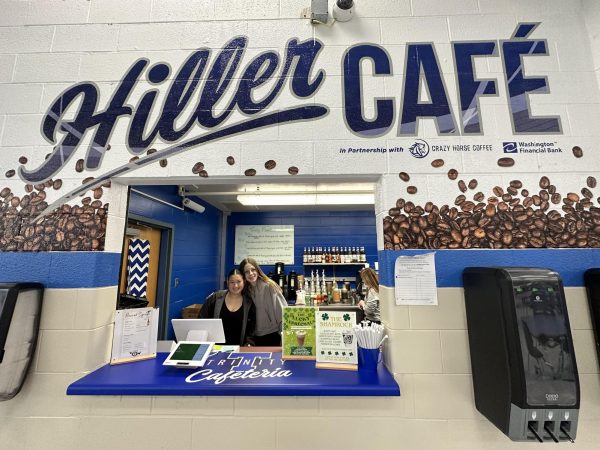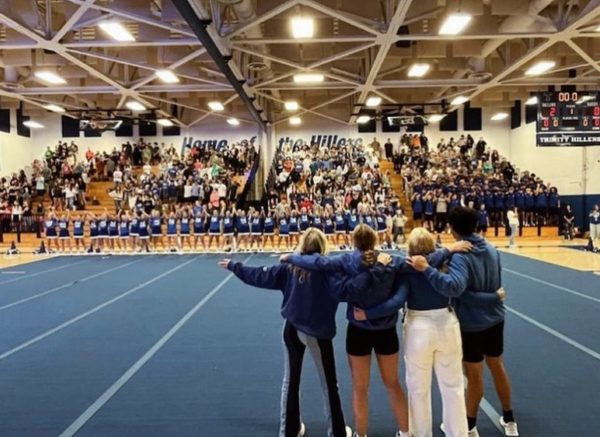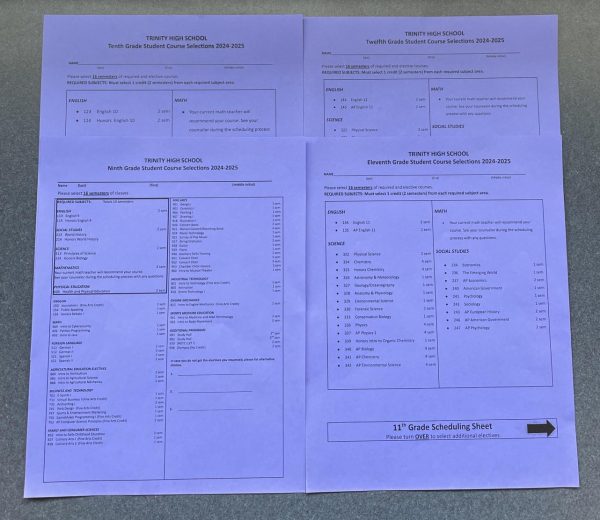Calling all college-bound students: start planning now!
Students who pursue college will need to prepare themselves for another four years of academic work. Be ready to spend lots of time in the library, like the Linderman Library at Lehigh University.
Each year, students across the world apply to colleges and universities, deciding how the next four years of life will be spent. While this process feels like the main event, really it is a culmination of years of hard work and preparation. Though it can be difficult to know which steps to take when, there are plenty of ways to be ahead of the curve for college readiness.
Freshman students may feel like college is far in the future, and believe that what they do not will not affect that part of life. However, freshmen are not exempt from ways to prepare. The easiest and most important step is to maintain grades. While it can be difficult to transition into high school, what students do after arriving can determine the outcome of their future. If students disregard their grades early in high school, it will be difficult to regain a quality GPA. Freshman students should also explore what clubs are available and how to become involved.
Sophomore students should prepare to take the PSAT, which is a great tool to prepare for the SAT, a test used by many colleges in the admissions process. Students should begin to form connections with teachers, start considering what major to pursue in college, and continue working hard to maintain grades and extracurricular activities. Students should also start seeking community service opportunities.
Junior students should prepare for a challenging year. They should start seriously considering what colleges they might like to apply to and attend college tours or virtual events. Juniors will take the SAT and AP tests concurrent with AP classes, gather letters of recommendation and continue participation in clubs and activities. Students could also seek job opportunities.
Senior students should prepare to start college and scholarship applications early, pursue any potential jobs and volunteer opportunities, and request their transcript, which first requires a transcript release form to be filled out and returned to guidance.
Gifted teacher Mrs. Hartley explains that, “developing relations with teachers and guidance counselors is key.”
This will help students to obtain recommendation letters, advice and guidance through the entire process. Hartley also stresses the importance of maintaining freshman year grades because they will have an effect on
GPA in later years.
Junior Eden Williamson expressed that she plans to pursue college because it will help her “set up well for a future career,” and it is something that she has always dreamed of doing.
Williamson plans to become a collegiate athlete and she explained that colleges start recruiting sports players early, and students planning to become college athletes should be prepared to experience the entire process at an expedited rate, fitting senior year steps into the junior year plan.
Overall, the whole process includes many steps. But, taking these steps in a sequential and timely manner can keep the process from feeling overwhelming.
Good luck to this year’s seniors in the admissions process and best of luck to the underclassman in the rest of the school year!
When not at school, Rachel enjoys playing the piano, photography, crocheting, and watching Netflix. She loves nature and spending time outdoors. She also...









